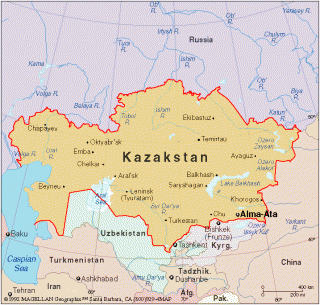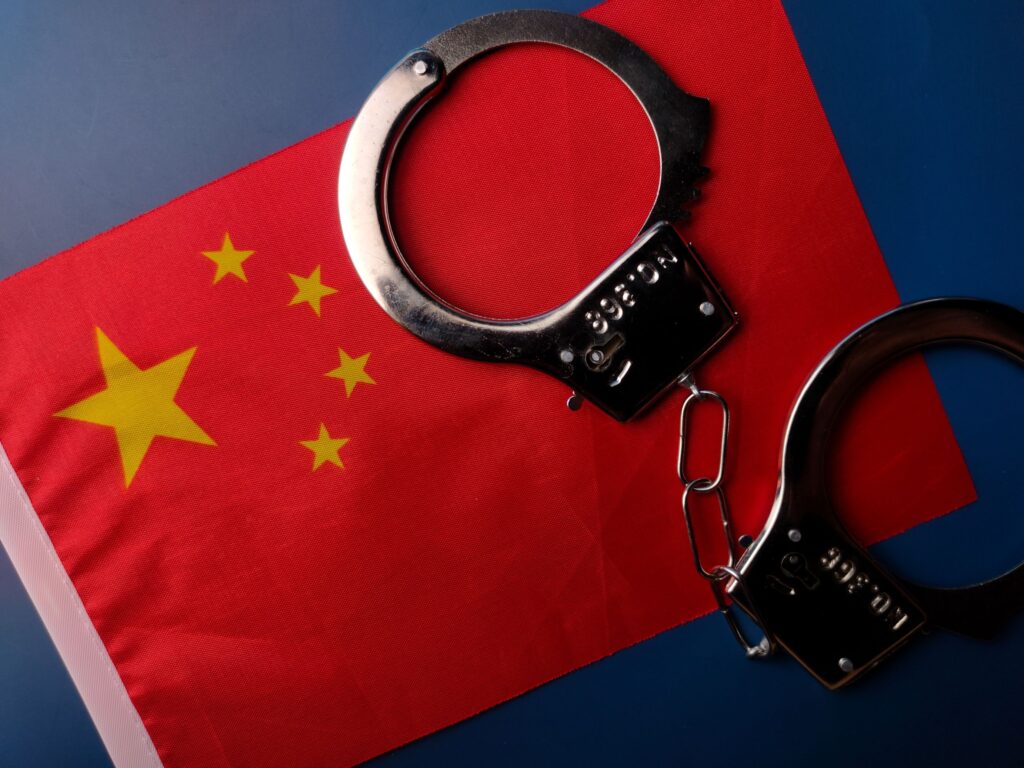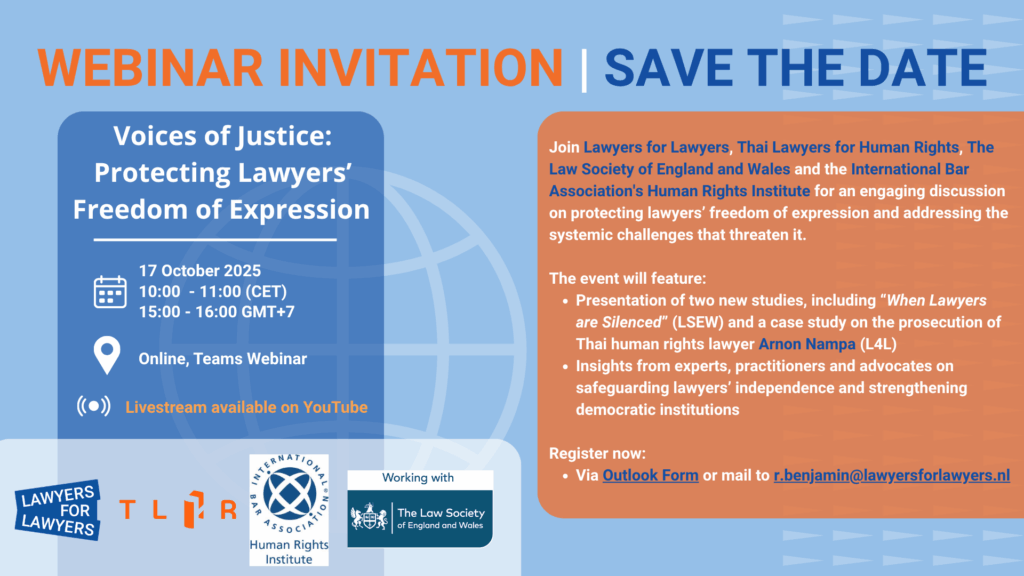On 28 March 2019, Lawyers for Lawyers submitted a report for the Universal Periodic Review of Kazakhstan. This review will take place in October/November 2019.
In the report, Lawyers for Lawyers highlighted that the Kazakh authorities do not always uphold the necessary guarantees for the proper functioning of the legal profession in practice, as set out in the UN Basic Principles on the Role of Lawyers. Lawyers are regularly subjected to improper interference or attempts to put pressure on them by members of law enforcement agencies or investigative bodies. Furthermore, lawyers regularly sometimes do not have the opportunity to meet with their clients in full confidentiality.
Lawyers for Lawyers furthermore expressed concerns about the newly passed law ‘On the Professional Activities of Advocates and Legal Assistance’ for it could undermine the independence of the legal profession. Under this law the control of the Ministry of Justice over the admission to the practice of law und the issuing of licenses is continued. It stipulates that prospective lawyers who have completed their professional training are to be assessed by the Commission for admission to practice established by the orders of the Ministry of Justice. The commissions consist of seven members, of which three are members of the Bar Association. The composition of the commissions and the principles of their work are to be approved by the orders of the Minister of Justice of the Republic of Kazakhstan. This raises concerns about their independence.
Furthermore, the law stipulates that the Disciplinary Commissions will now besides lawyers include retired judges and ‘representatives of the public’, appointed by the Ministry of Justice. The Basic Principles on the Role of Lawyers state that “disciplinary proceedings against lawyers shall be brought before an impartial disciplinary committee established by the legal profession, before an independent statutory authority, or before a court” (principle 28). This new composition of the disciplinary commissions – and in particular the presence of three representatives appointed by the executive power – can no longer guarantee that this body “be free from any influence or pressure from the legislative or the executive branches of power or any other party”.




